This Cape Cod golf course was going to be 300-plus apartments. Now, it’s set to be a private school.
The project ignited a contentious debate that pitted housing advocates and environmental interests against one other, and framed a broader conversation about Cape Cod’s future.
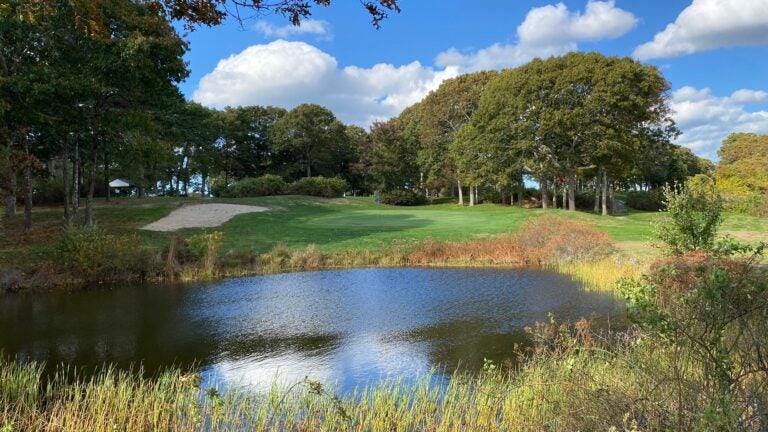
After three years of contentious debate, accusations of wrongdoing by local officials, and a lawsuit, developers have pulled the plug on plans for a 300-plus unit apartment project on a failing Cape Cod golf course.
Representatives for the owner of the Twin Brooks Golf Course in Hyannis confirmed that a deal to sell the site to national housing developer Quarterra is off, effectively killing the project. Instead, an anonymous benefactor is buying the 40-acre Twin Brooks golf course site for a local private school to expand.
Chuck Carey, a real estate broker at Carey Commercial, who represented the seller, blamed “a lot of nosy NIMBY neighbors that became extremely adept at hoisting bureaucratic obstacles” for the project’s demise.
“The whole thing is very disturbing,” he said. “That’s working people of the Cape that won’t have housing now.”
The project, first proposed in 2021, ignited a contentious debate that pitted housing advocates and environmental interests against one other, and framed a broader conversation about Cape Cod’s future. The Cape runs on a tourist economy that is fueled by its natural beauty, but it also has the worst regional housing crisis in Massachusetts, with home prices soaring in recent years, and significant labor shortages — roughly half the Cape’s workforce commutes in from the mainland. Environmental concerns have often been used to delay or defeat housing projects.
Quarterra’s proposal would have spread 312 apartments across 13 buildings on 40 acres of land on the old golf course. It faced opposition from neighbors almost as soon as it was proposed, and a resident group called Save Twin Brooks sued to block it on environmental grounds last year. That, Carey said, stopped the development in its tracks. Then one of the most vocal opponents, a resident named Felicia Penn, was elected to the Barnstable Town Council, and eventually became president of the council. Carey called that “the nail in the coffin.”
When Quarterra backed out of its purchase, an anonymous benefactor stepped up to buy the property on behalf of the Riverview School, a Sandwich day and boarding school for students with learning disabilities. The sale isn’t yet closed, and a purchase price has not been made public, but Carey said the asking price was around $10 million. A representative for the school told the Cape Cod Times they plan to use the site to expand their operations, but the school has yet to publicly discuss a specific vision for Twin Brooks.
Save Twin Brooks cheered the decision, saying the golf course was now more likely to be at least partially preserved as open space.
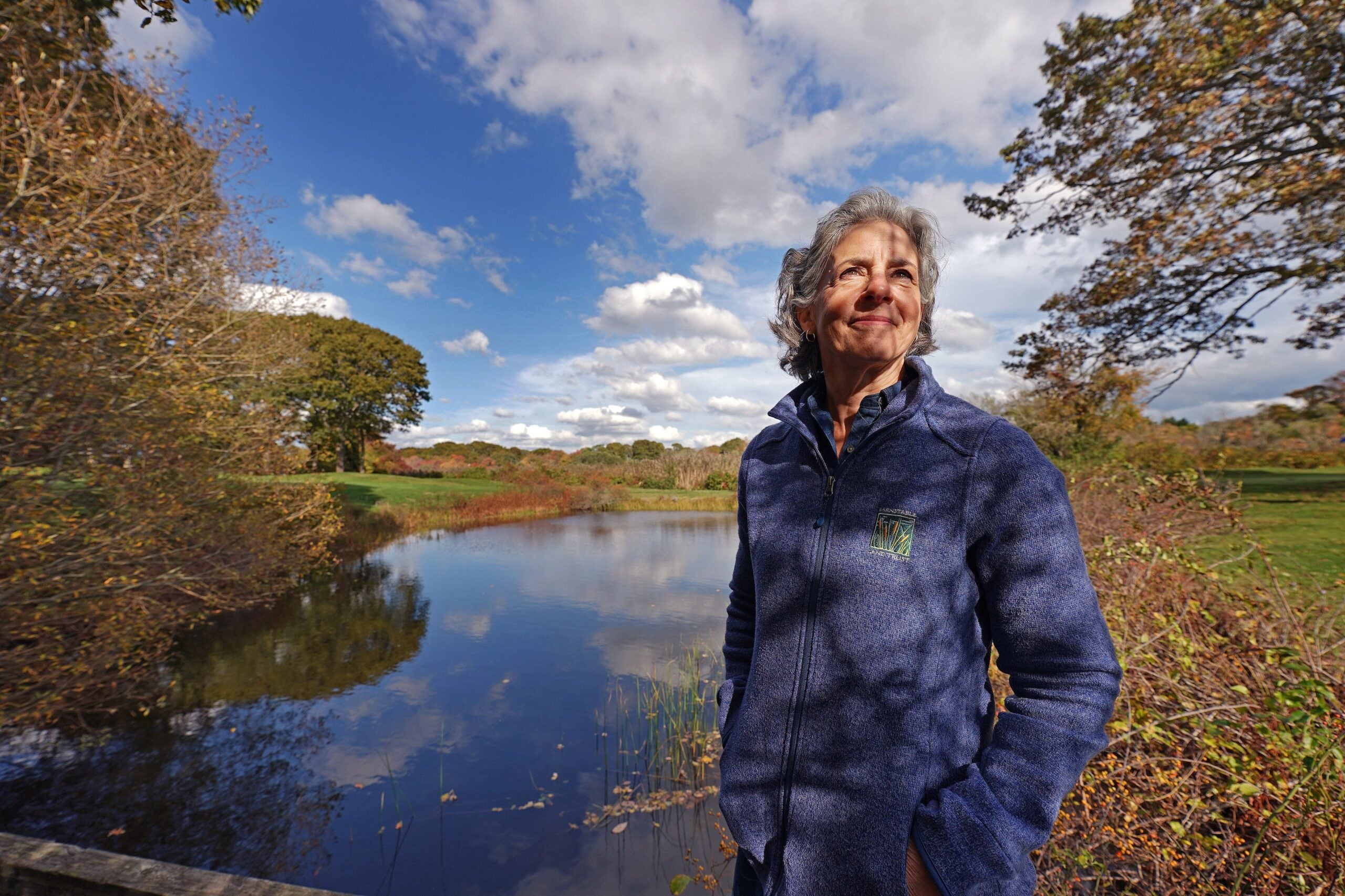
“We are relieved that the Twin Brooks site will not be sold to a developer with an ill-conceived plan to turn this rare green space into… [an] apartment complex,” said John Ale, a representative for the group. “We look forward to working with [the Riverview School] as we continue to focus on our mission to preserve and protect green space, watersheds, natural resources and habitats of the Twin Brooks Golf Course.”
Framed by two trickling creeks and a thicket of trees, the course is a picturesque swath of green a short walk from Main Street. Save Twin Brooks had opposed the project from the start, calling the site an “urban wildlife sanctuary” that was too close to protected wetlands to support a development. They also said that runoff from the site went to a fragile estuary system, and that the area would benefit more from protected open space than a housing development.
Housing advocates and some environmental groups contended that the site’s current use as a golf course was more hazardous to the environment than a potential development with modern mitigations. Municipal agencies on the Cape consider golf courses to be developed land, tainted by years of chemical grass treatments, making new development on those plots minimally harmful by comparison. That’s one reason golf courses have become popular sites for housing development nationally.
Andrew Gottlieb, executive director of the Association to Preserve Cape Cod, an environmental advocacy group that supported the housing development, said it was too soon to know if the Riverview School will present a project more favorable than the Quarterra’s development, though he noted that opponents of that plan have changed their tone without even knowing what might be built there. Quarterra had proposed to maintain half of the site as open space, and now one of the few sites in Cape Cod where housing can be built at large scale is gone, he said.
“The need for housing has not changed,” said Gottlieb. “If anything, [killing the project] puts a higher degree of pressure on those areas we know we want to preserve.”
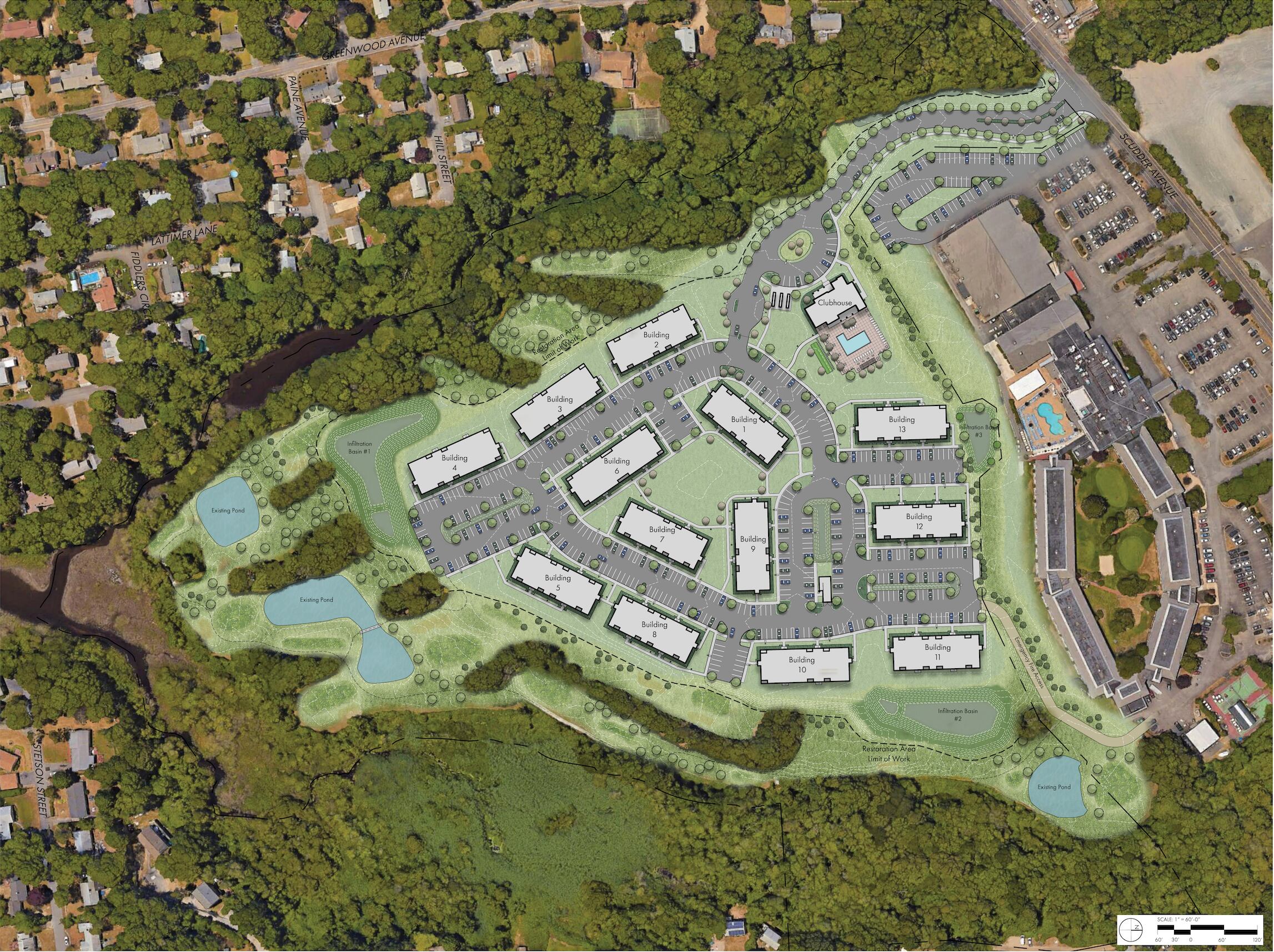
The Cape Cod Commission, a regional regulatory body that must approve developments on the Cape over a certain size, overwhelmingly voted in favor of the project in early 2023, citing the region’s desperate need for housing. But Save Twin Brooks said the approval process was flawed and did not adequately allow for public comment. They sued the Commission and Quarterra in March of last year, halting additional approvals the company needed to proceed.
Ale said the court has stopped proceedings on the litigation now that the project has been killed, and that the case will likely be moot once a final agreement with the Riverview School closes.
The saga, which has stretched on for three years, underscores just how difficult it can be to build housing in Massachusetts because of community resistance.
“Put this in context with Milton [where voters rejected a state mandated housing plan] and add Dedham [where the zoning board rejected additional meal services for migrants] to that,” Gottleib said. “it certainly does make the case that its pretty hard to do anything anywhere in Massachusetts.”
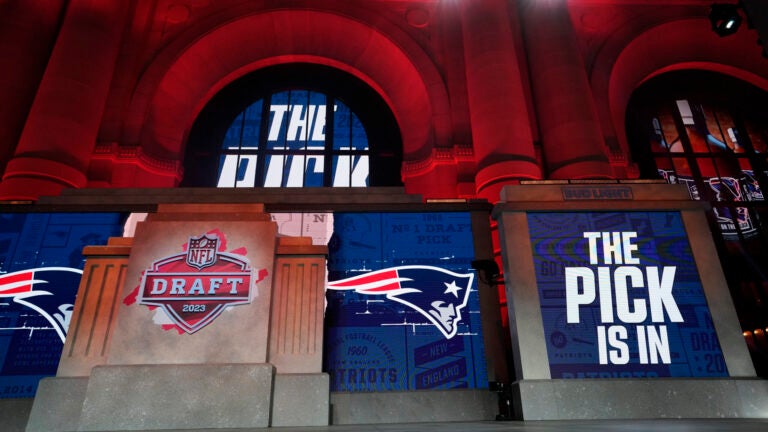




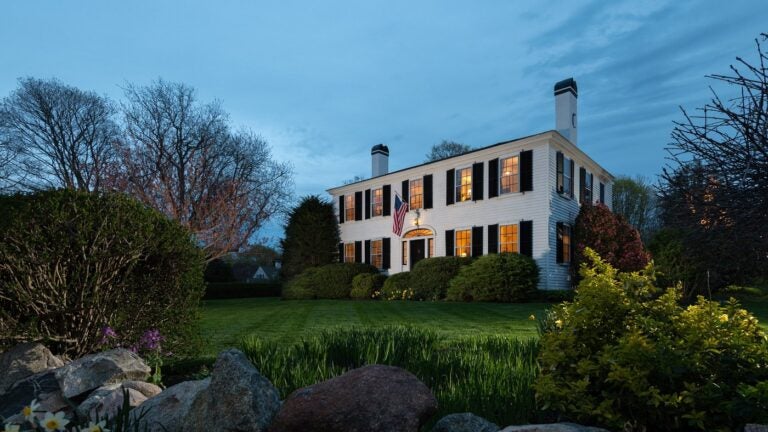

Conversation
This discussion has ended. Please join elsewhere on Boston.com